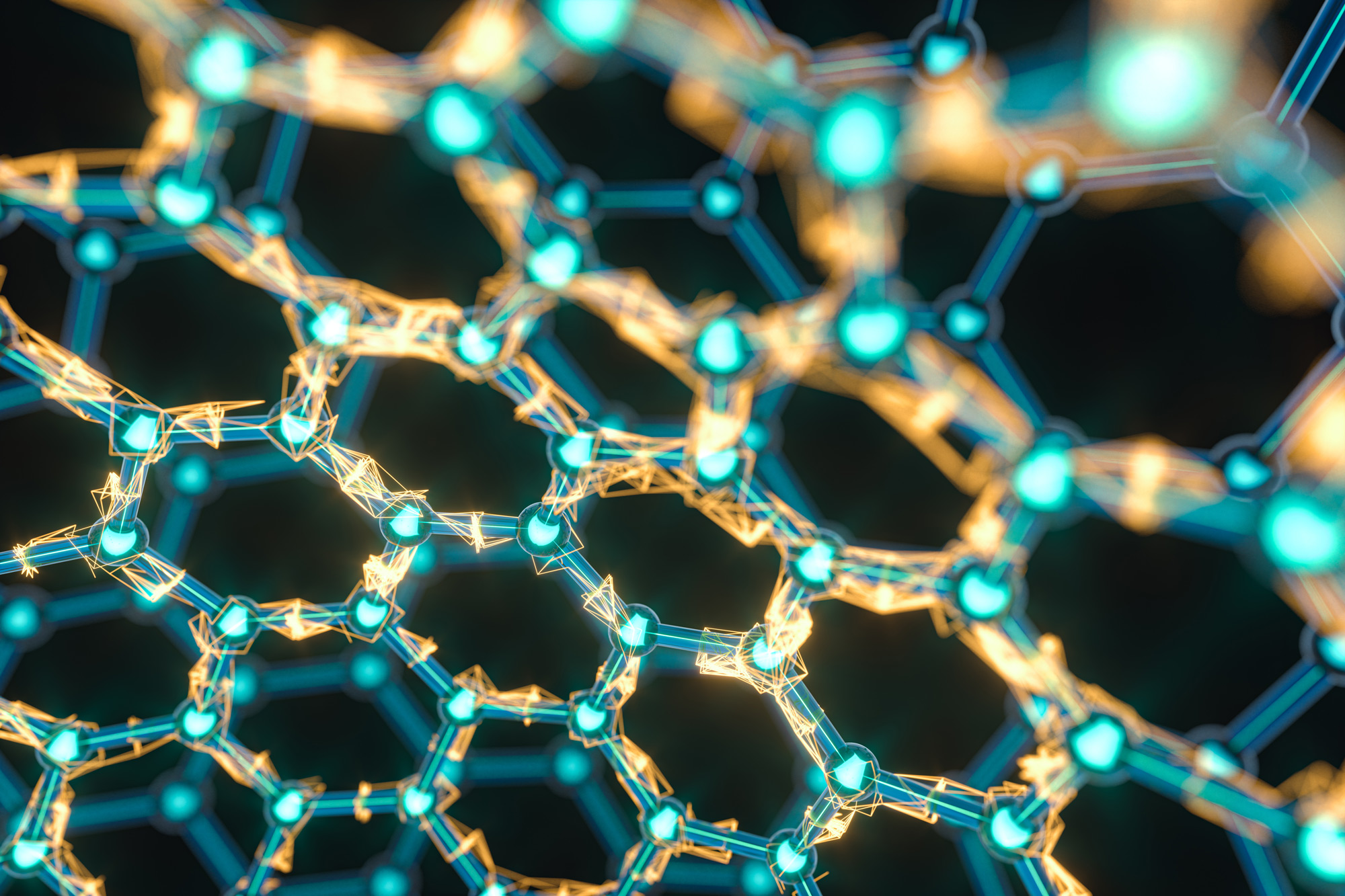A new CEN Workshop is being established entitled “Ultrasound-assisted production of lignin nanoparticles”. This Workshop arises from the Horizon 2020 BIOMAC project (European Sustainable BIO-based nanoMAterials Community). The project seeks to establish an Open Innovation Test Bed (IOTB), a true collaborative ecosystem where technologies and solutions utilising nano-enabled bio-based materials (NBMs) will be upscaled and prepared for market applications.
Today, approximately 60-70% of biomass is mainly used in the global energy sector, particularly utilized in combustion processes for heating, electricity generation, and as liquid fuel for transportation. This significantly contributes to renewable energy targets and the reduction of fossil fuel dependency. However, this approach primarily focuses on biomass as a source of energy, overlooking the potential of biomass byproducts such as lignin and cellulose, which can be converted into valuable chemicals and materials. More specifically, lignin, a complex organic polymer, is often regarded as a low-value byproduct of the paper and pulp industry. Yet, it holds considerable promise for creating high-value products, including bioplastics, resins, adhesives, and carbon fibres. This not only enhances the economic value of biomass but also supports a more sustainable and circular economy.
The importance of valorizing biomass byproducts extends into the realm of nanotechnology, particularly through the innovative production of nanolignin as a renewable and biodegradable alternative to conventional nanoadditives.
The application of nanolignin as a nanoadditive in bio-based polymers represents a significant advancement in the field of sustainable materials science. It offers a pathway to enhance the properties of polymers, including mechanical, barrier, antioxidant, and thermal properties, as well as biodegradability. By advancing the use of nanolignin in this capacity, industries like food packaging, agriculture, and electronics can move closer to achieving eco-friendly solutions across a broad spectrum of applications, underscoring the role of innovative materials in the transition towards a more sustainable future.
The Workshop will focus on specifying a process to produce nanolignin using an ultrasound-assisted method, emphasizing the exclusive use of water as the solvent and the elimination of harmful chemicals. This process will ensure that procedure is reproducible, scalable, and can be applied across different laboratory and pilot settings. It aims to provide valuable insights for those involved in the development, application, and regulation of sustainable nanomaterials.
The initiative aims to strengthen the efforts of standardization and ensure that the knowledge gained from BIOMAC can be widely adopted. The Workshop will provide an exciting collaborative opportunity for stakeholders in the nanotechnology sector.
The kick-off meeting for the Workshop is planned to take place remotely on 10 February 2025 from 15.00 to 17.15 p.m. (CEST).
All interested parties are invited to submit comments on the draft Project Plan using the commenting form below, to the Workshop secretary (UNE) Leticia Roubelat Marques (lroubelat@une.org) by February 7th, 2025.
For more technical details, please refer to the draft Project Plan, which contains all relevant technical information. Additionally, comments or observations can be submitted via the dedicated commenting form below.
Download the documents:
- Workshop description and draft Project Plan
- Agenda of the kick-off meeting
- Registration form to the kick-off meeting
- Commenting form




